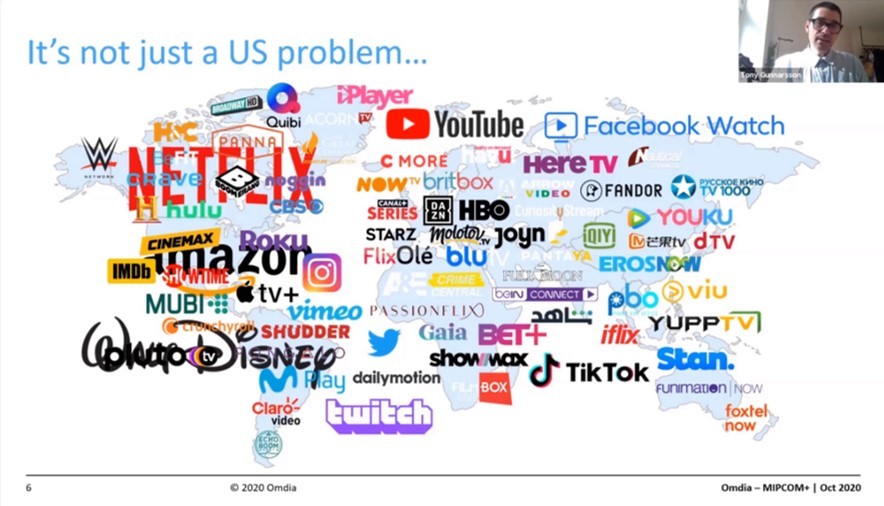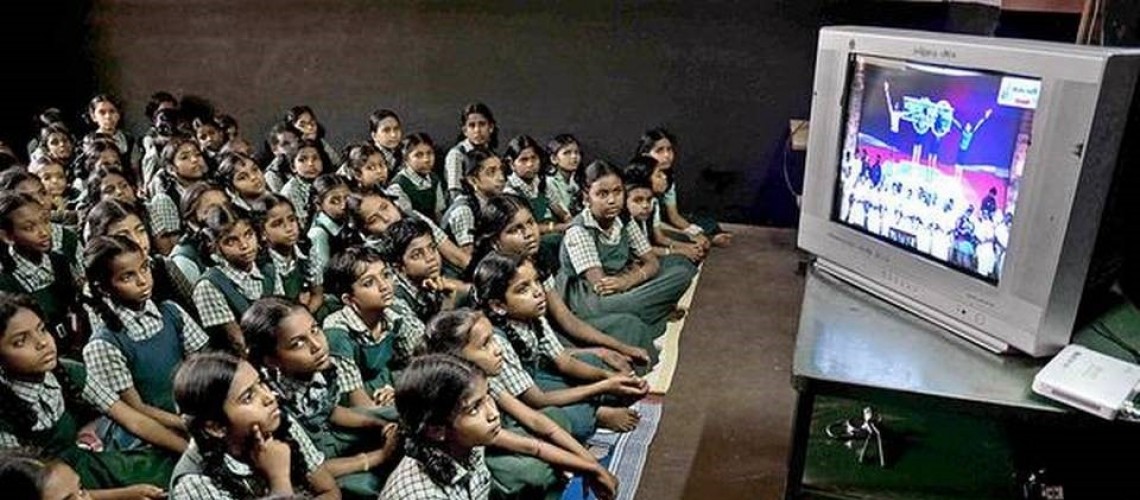
By Eva Novrup Redvall As analyzed in the recent research project “What Makes Danish TV Drama Series Travel?” certain kinds of television fiction from small nations cross borders more easily than others.

By Eva Novrup Redvall As analyzed in the recent research project “What Makes Danish TV Drama Series Travel?” certain kinds of television fiction from small nations cross borders more easily than others.

The annual MIPCOM market was organized in mid-October as a virtual event. We composed a summary on what is happening in the TV industry at the moment: 1) COVID-19 transformed television for good The topic that we could not avoid even in MIPCOM was the global pandemic and how it has affected the television industry.

How might we describe and evaluate non-human “performances” in television fiction? I blogged a while ago about the performances by puppets and machines in Thunderbirds (ITV 1965-66) and wrote a chapter (Bignell 2019) about them and other non-human actors.

Writing in April 2020, Joke Hermes and Annette Hill note that audiences turned to television during the coronavirus pandemic “because of its particular affordances: its affective, material and ontological elements which become central in lockdown Culture” (2020: 656). There are clear links between the pandemic experience, media texts, and our sense of what sociologist Anthony Giddens calls ontological security (Giddens 1991), which “arises out

Towards the end of April — into what we can now call Lockdown 1.0 as Ireland has recently entered Lockdown 2.0 (The Remix) — the smash hit Normal People was unleashed onto Irish screens. The BBC/Hulu production, based on the best-selling novel by Sally Rooney, was released all at once in the UK and the US a few days earlier making it prime binge watch material.

I have been indulging in crime lately; crime on TV to be precise. I have noticed a few academic friends have been doing the same too. It must be a go-to topic during times of uncertainty and change.

Special issue of Journal of Digital Media & Policy, 12.3 (October 2021) Deadline (extended): November 20, 2020 https://www.intellectbooks.com/journal-of-digital-media-policy Special Issue Editors: Sally Broughton Micova (University of East Anglia) and Krisztina Rozgonyi (University of Vienna) The Audiovisual Media Services Directive (AVMSD) is the centrepiece of media policy in the European Union.

The BBC’s reputation for impartiality and independence is one of the cornerstones of its value system, which also underpins its self-declared mission to “inform, educate, and entertain”. However, these values have constantly been redefined as several forms of censorship and self-censorship have been applied in the context of conflict with political or economic powers.

We are excited to announce details for the British Association for American Studies’s 66th Annual Convention — its first to be hosted entirely remotely. For several years BAAS has been building towards an event of this type, in order to transcend the exclusivity and waste of our traditional conference model.

Since the mid-nineties researchers have developed a monumental theory of information and communication technologies, within the conceptual framework of the network society – an ideal type transcending economic, cultural and political changes that took place in the 20th Century. Communication networks enabled by the internet are rapidly expanding along various codes and values.